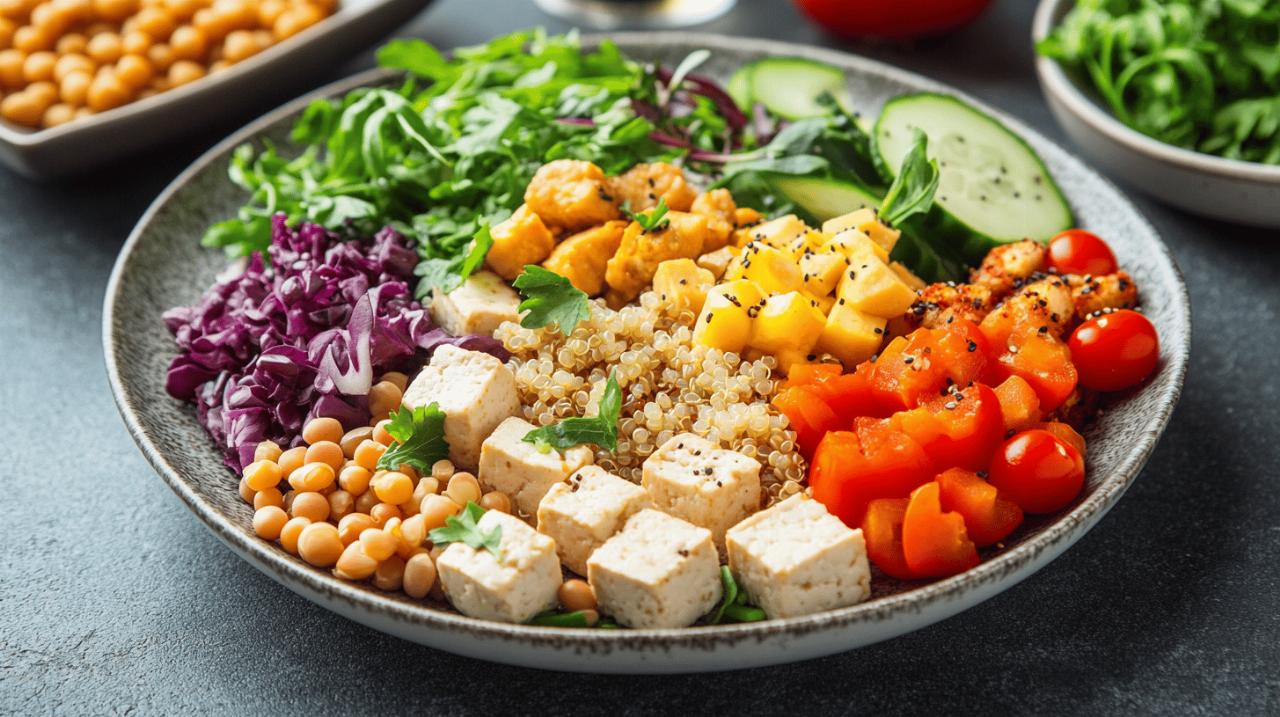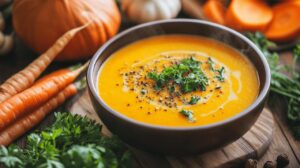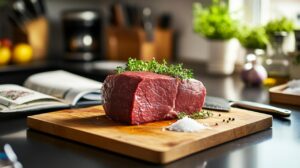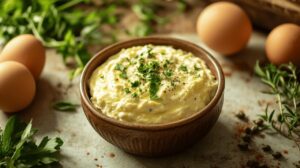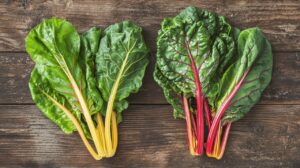From Plant-Based to Powerful: How the Mind-Muscle Connection Helps Vegetarians and Vegans Build Muscle Mass
For those embracing a plant-based lifestyle whilst striving to build impressive muscle mass, the journey can sometimes feel like navigating uncharted waters. Yet the secret to transforming your physique may lie not just in the weights you lift or the meals you prepare, but in something far more subtle and powerful: the mind-muscle connection. This concept, often overlooked in favour of discussions around protein shakes and training splits, represents a crucial bridge between intention and physical transformation. By learning to harness the mental focus that links your conscious awareness to specific muscle contractions during exercise, vegetarians and vegans can unlock new levels of growth and strength, proving that a plant-based regime is no barrier to becoming truly powerful.
Understanding the Mind-Muscle Connection for Plant-Based Athletes
What Is the Mind-Muscle Connection and Why Does It Matter?
The mind-muscle connection refers to the deliberate, conscious focus on the specific muscle group being worked during each repetition of an exercise. Rather than simply moving weight from point A to point B, this approach requires you to mentally engage with the target muscle, feeling every contraction and extension with purpose. For those following a vegan diet or vegetarian diet, this heightened awareness becomes particularly valuable. Research into physical performance has shown that intentional muscular engagement can enhance muscle protein synthesis and improve the quality of each training session, making every workout count towards your muscle growth objectives. When you concentrate on the sensation of your biceps curling or your quadriceps extending, you create a neural pathway that optimises the recruitment of muscle fibres, leading to more effective strength training sessions and better overall results.
How Conscious Movement Enhances Training Results on a Vegan Diet
Athletes who adopt a plant-based lifestyle often face questions about whether their dietary choices will hamper their athletic performance or limit their capacity for muscle adaptations. The evidence suggests otherwise, particularly when the mind-muscle connection is prioritised during resistance training. By focusing intently on each movement, you can compensate for any perceived nutritional differences and maximise the efficiency of your workouts. This mental engagement ensures that the amino acids from your plant-based protein sources are directed precisely where they are needed most. Studies have indicated that subjects were able to bench press nineteen percent more total weight following the use of techniques that enhance nitric oxide production and muscle efficiency, demonstrating that focused, intentional training can yield remarkable gains. For vegans and vegetarians, this means that every gram of protein from legumes, tofu, tempeh, and nuts and seeds works harder when paired with deliberate, mindful effort during each set and repetition.
Optimising Plant-Based Nutrition to Support the Mind-Muscle Link
Strategic Protein Timing and Quality for Enhanced Muscular Awareness
Achieving muscle growth on a plant-based regime demands attention not only to total protein intake but also to the timing and quality of that protein throughout the day. Aiming for approximately one point six to two point two grams of protein per kilogram of body weight daily is a sensible target for those engaged in regular strength training. Rather than consuming large quantities in a single sitting, distributing your protein across several meals ensures a steady supply of amino acids to support muscle protein synthesis. This approach is particularly important for vegans, as plant-based protein sources may have slightly different absorption profiles compared to animal protein. Including a variety of foods such as lentils, chickpeas, quinoa, and plant-based alternatives at each meal helps to cover the full spectrum of essential amino acids, including leucine, which plays a pivotal role in initiating muscle repair and growth. When you pair this strategic nutritional timing with focused, intentional training, the synergy between diet and exercise amplifies your capacity to build lean tissue and improve endurance performance.
Micronutrients that support neural function and muscle signalling
Beyond the macronutrients that fuel your workouts, certain micronutrients are essential for maintaining the neural pathways that underpin the mind-muscle connection. Vitamin D, for instance, is thought to be important for muscle strength and overall physical performance, yet vegans may have lower intake levels compared to omnivores. Ensuring adequate vitamin D through fortified foods or supplements supports not only bone health but also the nervous system's ability to communicate effectively with muscle tissue. Similarly, vitamin B12 is vital for nerve function and the production of red blood cells, making it a non-negotiable supplement for those on a strict plant-based diet. Magnesium, iron, and zinc also contribute to energy metabolism and muscle efficiency, with vegan diets typically providing higher magnesium levels but requiring careful attention to iron and zinc bioavailability. The gut microbiome, influenced by the high dietary fibre content of vegan diets, produces short-chain fatty acids that support overall health and may enhance recovery. By addressing these nutritional considerations, you create an internal environment where the mind-muscle connection can thrive, translating mental focus into tangible physical gains.
Training techniques to strengthen your mind-muscle connection
Focused Repetition and Tempo Control for Maximum Engagement
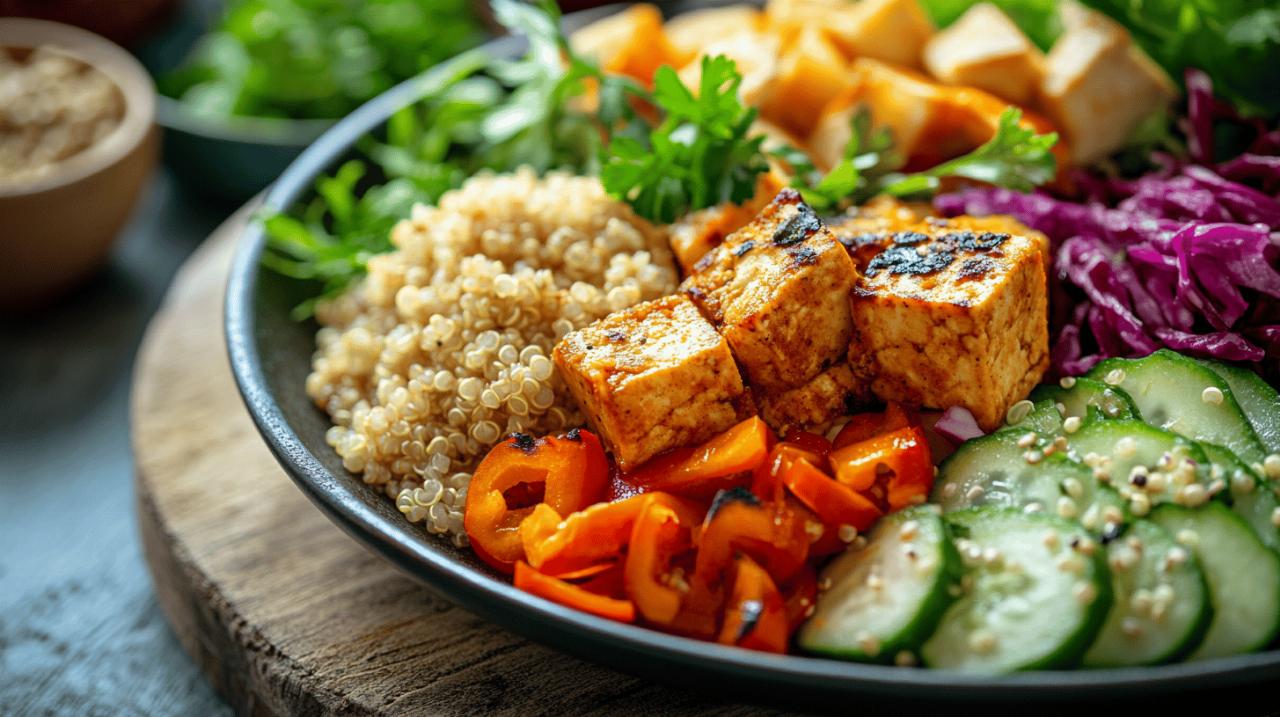 To truly harness the power of the mind-muscle connection, it is essential to move beyond simply completing a prescribed number of repetitions and instead focus on the quality of each movement. Slowing down the tempo of your exercises allows you to feel every phase of the contraction, from the initial engagement through to the peak squeeze and controlled release. This deliberate pacing not only reduces the risk of injury but also ensures that the target muscle is doing the majority of the work, rather than relying on momentum or secondary muscle groups. During each set, direct your attention inward, visualising the muscle fibres contracting and lengthening in response to the resistance. This mental imagery reinforces the neural signals travelling from your brain to your muscles, creating a feedback loop that enhances both the immediate effectiveness of the session and long-term muscle adaptations. For vegetarians and vegans, who may be working with slightly lower creatine levels due to the absence of meat in their diets, this approach ensures that every repetition contributes meaningfully to strength and hypertrophy, making the most of the energy requirements and caloric surplus you have carefully planned.
To truly harness the power of the mind-muscle connection, it is essential to move beyond simply completing a prescribed number of repetitions and instead focus on the quality of each movement. Slowing down the tempo of your exercises allows you to feel every phase of the contraction, from the initial engagement through to the peak squeeze and controlled release. This deliberate pacing not only reduces the risk of injury but also ensures that the target muscle is doing the majority of the work, rather than relying on momentum or secondary muscle groups. During each set, direct your attention inward, visualising the muscle fibres contracting and lengthening in response to the resistance. This mental imagery reinforces the neural signals travelling from your brain to your muscles, creating a feedback loop that enhances both the immediate effectiveness of the session and long-term muscle adaptations. For vegetarians and vegans, who may be working with slightly lower creatine levels due to the absence of meat in their diets, this approach ensures that every repetition contributes meaningfully to strength and hypertrophy, making the most of the energy requirements and caloric surplus you have carefully planned.
Visualisation and Breathing Methods to Amplify Workout Effectiveness
In addition to tempo control, incorporating visualisation and deliberate breathing patterns can significantly amplify the mind-muscle connection during resistance training. Before you begin an exercise, take a moment to close your eyes and mentally rehearse the movement, picturing the specific muscle group you intend to target. This pre-set visualisation primes your nervous system, ensuring that when you lift the weight, your focus is sharp and your muscle recruitment is optimal. Throughout the exercise, maintain a steady breathing rhythm that matches the phases of the movement, inhaling during the eccentric phase and exhaling during the concentric contraction. This synchronisation not only stabilises your core and supports proper form but also reinforces your mental engagement with the working muscle. Research into athletic performance has highlighted the role of nitric oxide in enhancing blood flow and reducing inflammation, both of which contribute to improved muscle efficiency. By combining visualisation, controlled breathing, and intentional focus, you create a holistic training environment that maximises the benefits of your plant-based nutrition, from the carbohydrate intake that fuels your sessions to the protein that repairs and builds new tissue.
Overcoming Common Challenges: Building Muscle Mindfully on a Plant-Based Regime
Addressing fatigue and recovery through intentional training practices
One of the most common concerns for those following a vegan or vegetarian diet is whether they will have sufficient energy and recover adequately between training sessions. The good news is that plant-based diets, rich in complex carbohydrates and dietary fibre, can provide sustained energy and support cardiovascular health, both of which are essential for maintaining a high level of physical activity. However, to truly overcome fatigue and optimise recovery, it is important to pair your nutritional strategy with intentional training practices that respect your body's need for rest and adaptation. Incorporating techniques such as active recovery, adequate sleep, and strategic deload weeks ensures that your nervous system and muscles have the opportunity to repair and grow stronger. The mind-muscle connection also plays a role here, as being attuned to your body's signals allows you to distinguish between productive discomfort and the warning signs of overtraining. By listening to your body and adjusting your approach as needed, you can maintain a sustainable training rhythm that supports long-term muscle growth and strength without the risk of burnout or injury.
Tracking Progress and Adjusting Your Approach for Sustainable Gains
Achieving sustainable muscle gains on a plant-based diet requires more than just following a generic training programme or meal plan. It demands a personalised approach that takes into account your unique energy requirements, protein quality needs, and individual response to different training stimuli. Regularly tracking your progress through methods such as strength logs, body measurements, and performance benchmarks allows you to identify what is working and where adjustments may be needed. For instance, if you notice that your strength training sessions are plateauing, it may be time to increase your caloric surplus, adjust your meal frequency, or incorporate additional plant-based alternatives to diversify your amino acid intake. Similarly, if recovery is lagging, you might benefit from boosting your intake of micronutrients such as magnesium, iron, or zinc, or ensuring that your sodium intake is appropriate for your activity level. The mind-muscle connection also extends to this aspect of your journey, as being mindfully aware of how your body responds to different variables empowers you to make informed decisions that support continuous improvement. Athletes like Patrik Baboumian and Kendrick Farris have demonstrated that building impressive strength and muscle on a plant-based diet is not only possible but can be done at the highest levels of competitive sport, serving as inspiration and proof that with the right mindset, nutritional strategy, and training techniques, vegetarians and vegans can achieve truly powerful physiques.
